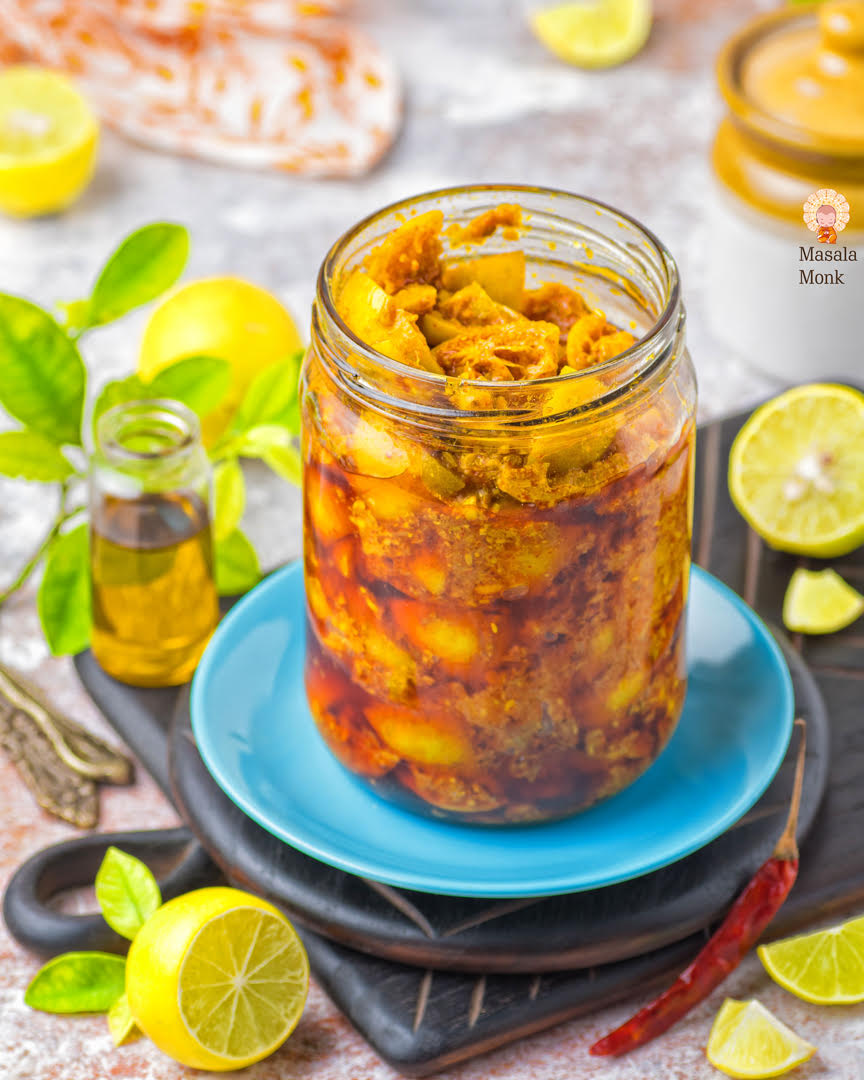
In the quest for healthier, tastier, and more natural foods, one ancient ingredient is making a remarkable comeback: malt. This powerhouse of flavor and nutrition has been a staple in human diets for millennia, yet only recently have we begun to fully appreciate its myriad benefits. From enhancing the heartiness of our bread to the richness of our beers, malt is the unsung hero of the culinary world. Let’s dive into the world of malt, uncovering its secrets and discovering how it can transform our meals, our health, and our taste buds.
What Exactly is Malt?
Malt refers to grains, typically barley, that have been soaked, germinated, and then dried in a process known as malting. This method awakens enzymes within the grain, converting stored starches into sugars. The result? A versatile ingredient that’s not just a sweetener but a flavor enhancer with a host of nutritional benefits.
The Multifaceted Benefits of Malt
- Heart Health Hero
Malt doesn’t just taste good; it does good, especially for our hearts. Packed with fiber, potassium, folate, and vitamin B6, malt works to lower cholesterol and reduce the risk of heart disease. Incorporating malt into your diet can be a delicious way to keep your heart healthy and happy.
- Mood Booster
Feeling down? Malt might just be the natural mood enhancer you need. Thanks to its component hordenine, found abundantly in barley, malt can stimulate the brain to improve mental health and elevate mood. Who knew that enjoying a malty snack could also be a step towards better mental well-being?
- Antioxidant Powerhouse
Malt’s benefits extend to fighting inflammation and disease, thanks to its rich polyphenol content. These antioxidants offer protection against a spectrum of health issues, from inflammation to cancer, making malt not just a food ingredient but a guardian of our health.
- A Culinary Chameleon
Malt’s magic lies in its culinary versatility. Whether you’re brewing a robust beer, baking a loaf of bread, or whipping up a malted milkshake, malt adds depth, richness, and complexity to a wide array of dishes. Its unique ability to enhance flavor while contributing to our health makes malt a must-have in any kitchen.
Unleashing Malt’s Potential in Your Diet
- Brewing and Baking
Homebrewers and bakers, rejoice! Malt is your ally in creating richer flavors and textures. In brewing, malt provides the sugars necessary for fermentation, while in baking, it adds a tender crumb and golden crust to breads and pastries.
- Beyond Beverages and Breads
But malt’s uses extend beyond the oven and the brewery. Malt syrup can be a healthier sweetener in your morning coffee or smoothie, offering a subtle, rich sweetness. Malted milk powder isn’t just for milkshakes; it can add a creamy, comforting dimension to your pancake batter or morning oatmeal.
- The Secret Ingredient
Looking for that “something special” to elevate your cooking? Try adding malt. Its nutty, toasty flavor can transform soups, stews, and sauces, providing a depth of flavor that salt and sugar alone cannot achieve.
Embracing Malt for a Healthier, Tastier Future
As we continue to explore the vast landscape of nutritious and flavorful foods, malt stands out as a testament to the wisdom of ancient culinary practices. Its resurgence in modern diets is a reminder that sometimes, the best ingredients are those that have nourished us for centuries.
So, the next time you’re in the kitchen, reach for the malt. Whether you’re baking, brewing, or simply experimenting with flavors, this ancient superfood can bring a touch of magic to your meals, your health, and your taste buds. Let’s raise a glass (or a loaf) to malt: the ancient ingredient for a modern age.
FAQs for “Is Malt the Mood-Boosting Superfood We’ve Overlooked?”
1. What exactly is malt?
Malt is grain, usually barley, that has been soaked, allowed to germinate, and then dried. This process activates enzymes, converting starches into sugars, making it both a sweetener and a flavor enhancer.
2. How does malt benefit heart health?
Malt contains fiber, potassium, folate, and vitamin B6, which work together to lower cholesterol and reduce the risk of heart disease.
3. Can malt really improve my mood?
Yes, malt contains hordenine, a component that stimulates the brain, potentially improving mental health and elevating your mood.
4. What are the antioxidant benefits of malt?
Malt is rich in polyphenols, antioxidants that offer protection against inflammation, cancer, and other health issues.
5. Is malt used only in brewing and baking?
While malt is popular in brewing and baking for its ability to add depth and richness, it’s also versatile in other culinary uses, such as sweetening coffee or enhancing soups and stews.
6. Can I use malt as a sugar substitute?
Yes, malt syrup or malted milk powder can be used as healthier sweeteners in various recipes, offering a rich, nuanced sweetness.
7. What makes malt a good addition to my diet?
Malt is not only a flavor enhancer but also provides nutritional benefits, including heart health, mood improvement, and antioxidant properties.
8. How does malt affect the flavor of food and drinks?
Malt adds a unique depth, richness, and complexity to foods and beverages, often described as nutty, toasty, or creamy, depending on the application.
9. Is malt suitable for vegetarians and vegans?
Yes, malt is a plant-based ingredient and can be included in vegetarian and vegan diets.
10. Where can I find malt to use in my cooking?
Malt can be purchased in various forms, such as malt syrup, malted milk powder, or whole malted grains, at health food stores, specialty grocery stores, or online.
Blog Tags for the Post
malt, superfood, heart health, mood booster, antioxidants, culinary versatility, natural sweetener, healthy diet, flavor enhancer, ancient grains










